- Have any questions?
- +380 (50) 50 73 903
- uapothecary.pharmacy@gmail.com
Barboval hard capsules 30 pcs
$20.99 Original price was: $20.99.$19.09Current price is: $19.09.
Barboval is a combination medication designed to provide fast-acting relief from anxiety, stress, insomnia, and certain heart-related issues such as nervous heart palpitations. Each hard capsule contains a blend of active ingredients that have sedative, antispasmodic, and mild tranquilizing effects, helping to promote relaxation and emotional calmness. The formula includes barbiturate and other compounds that help normalize heart rhythm and ease gastrointestinal discomfort caused by stress. With 3 blisters of 10 capsules, Barboval is convenient for both short-term relief and prolonged use under medical supervision.
Pharmacological properties
Pharmacodynamics. barboval is a combined drug, the therapeutic effect of which is determined by the pharmacological properties of the components included in its composition.
Ethyl ether of α-bromosovaleric acid has a reflex, sedative and antispasmodic effect due to a decrease in reflex excitability in the central parts of the nervous system and an increase in inhibition processes in neurons of the cortex and subcortical structures of the brain, as well as a decrease in the activity of central vascular centers and a local direct antispasmodic effect on smooth muscles
Phenobarbital suppresses the activating effect of the centers of the reticular formation of the middle and medulla oblongata on the cortex of the large hemispheres, thereby reducing the flow of excitatory effects on the cerebral cortex and subcortical structures. A decrease in activating effects has, depending on the dose, a calming, tranquilizing and hypnotic effect. Barboval reduces the excitatory effect on the vascular centers, coronary and peripheral vessels, lowering the general arterial pressure, eliminating and preventing spasms of vessels, especially cardiac ones. Menthol in the menthyl ether of isovaleric acid has a calming effect on the central nervous system, slows the peristalsis of the stomach and intestines, reduces flatulence, and also has a moderate reflex vasodilator and antispasmodic effect.
Indication
Neuroses accompanied by increased excitability, insomnia; hysteria; as part of the complex treatment of mild attacks of angina pectoris, angina pectoris in the initial stage; tachycardia of functional genesis; with spasms of the stomach and intestines, flatulence.
Application
Barboval is taken orally. adults usually take 1-2 capsules 2-3 times a day for 10-15 days. it is better to take the drug 20-30 minutes before meals. after a break of 10-15 days, the course of treatment can be repeated. the maximum daily dose is 6 capsules.
Contraindication
Hypersensitivity to any components of the drug, liver and kidney failure, hepatic porphyria, severe arterial hypotension, acute myocardial infarction, severe heart failure, diabetes, depression, myasthenia gravis, alcoholism, drug and medication addiction, respiratory diseases with shortness of breath, obstructive syndrome . the drug should not be used in children, pregnant and lactating women.
Side effects
Usually the drug is well tolerated. the development of the following adverse reactions is possible:
from the side of the digestive system: constipation, a feeling of heaviness in the epigastric area, with long-term use – impaired liver function, nausea, vomiting;
from the nervous system: weakness, ataxia, impaired coordination of movements, nystagmus, hallucinations, paradoxical excitement, decreased concentration of attention, fatigue, slowing of reactions, headache, cognitive impairment, confusion, drowsiness, light dizziness;
from the hematopoietic organs: anemia, thrombocytopenia, agranulocytosis;
from the side of the cardiovascular system: arterial hypotension, bradycardia;
from the immune system: hypersensitivity reactions, including angioedema, allergic reactions, including skin rashes, itching, urticaria;
from the skin and mucous membrane: Stevens-Johnson syndrome, toxic epidermal necrolysis;
from the musculoskeletal system: with long-term use of products containing phenobarbital, there is a risk of osteogenesis disorder;
other: difficulty breathing.
Long-term use of drugs containing bromine can lead to bromine poisoning, which is characterized by the following symptoms: CNS depression, depressed mood, confusion, ataxia, apathy, conjunctivitis, rhinitis, lacrimation, acne or purpura.
Special instructions
The presence of phenobarbital in the composition of the drug can lead to the risk of developing Stevens-Johnson syndrome and Lyell’s syndrome, which is most likely in the first weeks of treatment. long-term use is not recommended due to the risk of drug addiction, possible accumulation of bromine in the body and the development of bromine poisoning. in cases where the pain in the heart area does not go away after taking the drug, it is necessary to consult a doctor to rule out acute coronary syndrome. the drug should be prescribed with caution in decompensated heart failure, hypotension, hyperkinesis, hyperthyroidism, hypofunction of the adrenal glands, acute and constant pain, acute drug intoxication.
Castor oil, which is part of the drug, can cause stomach upset and diarrhea.
The drug contains lactose, so patients with rare hereditary forms of galactose intolerance, lactase deficiency or glucose-galactose malabsorption syndrome should not use the drug.
Use during pregnancy and breastfeeding. The drug should not be used in women during pregnancy and breastfeeding.
Children. There is no experience of using the drug to treat children, so they are used in pediatric practice.
The ability to influence the speed of reaction when driving a motor vehicle or working with other mechanisms. The drug can cause drowsiness and dizziness, therefore, during the treatment period, patients are not recommended to work with dangerous mechanisms and drive vehicles.
Interactions
Simultaneous use with neuroleptics and tranquilizers potentiates, and with stimulants of the central nervous system – weakens the effect of each component of the drug. barboval, containing derivatives of barbituric acid, enhances the effect of local anesthetics, pain relievers and hypnotics. alcohol enhances the effects of the drug and can increase its toxicity. the effect of the drug increases against the background of the use of valproic acid drugs. the presence of phenobarbital in the composition of Barboval can induce liver enzymes, and this makes its simultaneous use with drugs metabolized in the liver undesirable (with coumarin derivatives – indirect anticoagulants, griseofulvin, glucocorticoids, oral contraceptives, cardiac glycosides, antimicrobial, antiviral, antifungal, antiepileptic , anticonvulsant, psychotropic, oral hypoglycemic, hormonal, immunosuppressive, cytostatic, antiarrhythmic, antihypertensive drugs), as their effectiveness will decrease as a result of a higher level of metabolism.
MAO inhibitors prolong the effect of phenobarbital. Rifampicin may reduce the effect of phenobarbital.
With the simultaneous use of phenobarbital with gold preparations, the risk of kidney damage increases.
With long-term use of phenobarbital with NSAIDs, there is a risk of stomach ulcers and bleeding.
Simultaneous use of phenobarbital with zidovudine increases the toxicity of both drugs.
The drug increases the toxicity of methotrexate. Alcohol should be avoided while taking the drug.
Overdose
With long-term or frequent use, drug accumulation may occur, which leads to clinical manifestations of overdose, namely:
- depression of the central nervous system, which is eliminated by the use of central nervous system stimulants (caffeine, cordiamine, etc.);
- nystagmus, ataxia, decrease in blood pressure, deviations in the blood formula.
Manifestations of chronic bromine poisoning are depression, apathy, rhinitis, conjunctivitis, hemorrhagic diathesis, impaired movement coordination. Symptomatic therapy is prescribed to eliminate these manifestations.
Continuous long-term use of the drug can cause addiction, drug dependence, withdrawal syndrome, and sudden cessation of use – withdrawal syndrome. Long-term use of the drug is sometimes accompanied by increased psychodynamic activity instead of the expected sedation.
Symptoms of overdose: suppression of breathing, until it stops; depression of the central nervous system, up to coma; suppression of cardiovascular activity, including rhythm disturbances, lowering of blood pressure, up to a collaptoid state; nausea, weakness, decrease in body temperature, decrease in diuresis.
Treatment is symptomatic.
Storage conditions
At a temperature not higher than 25 °C.

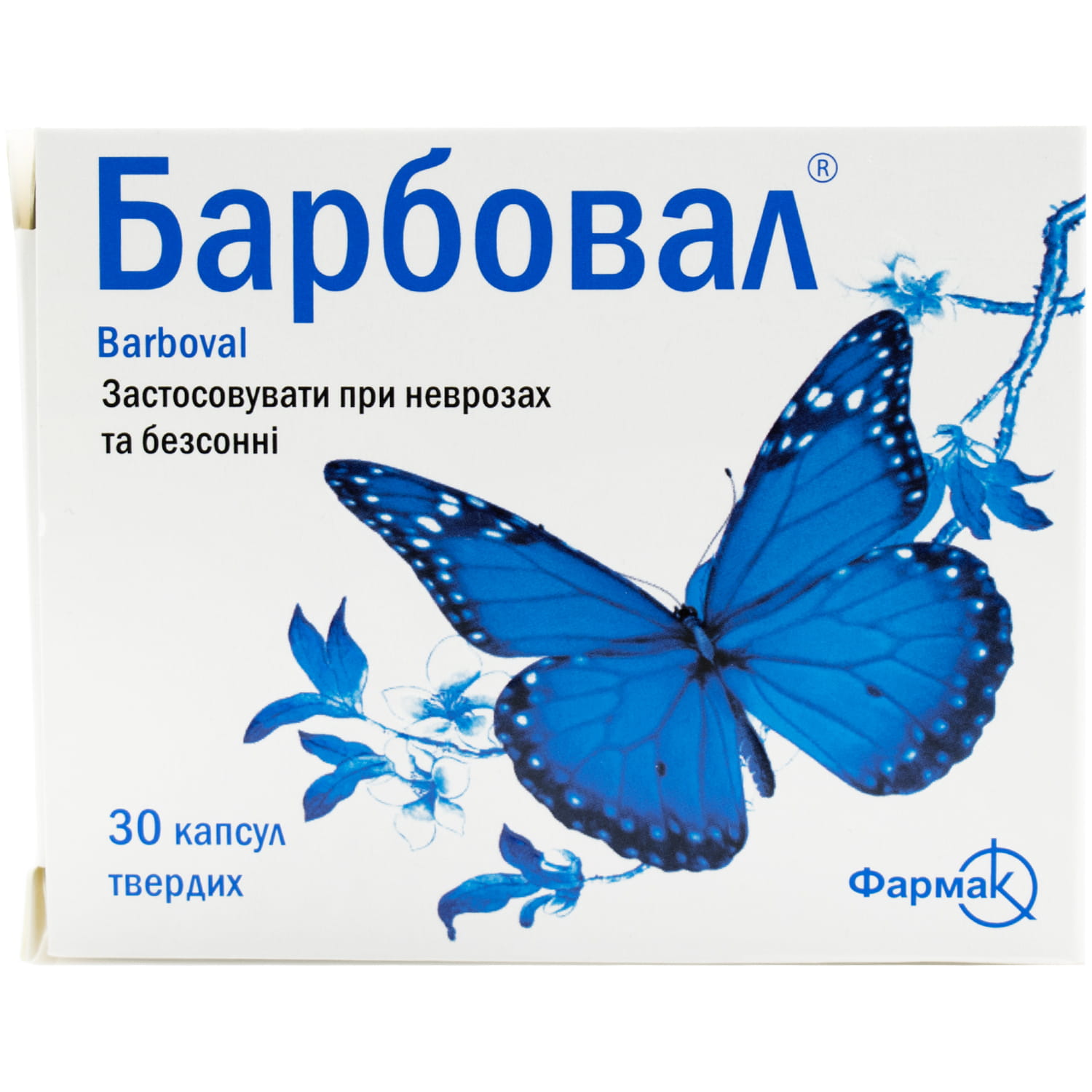
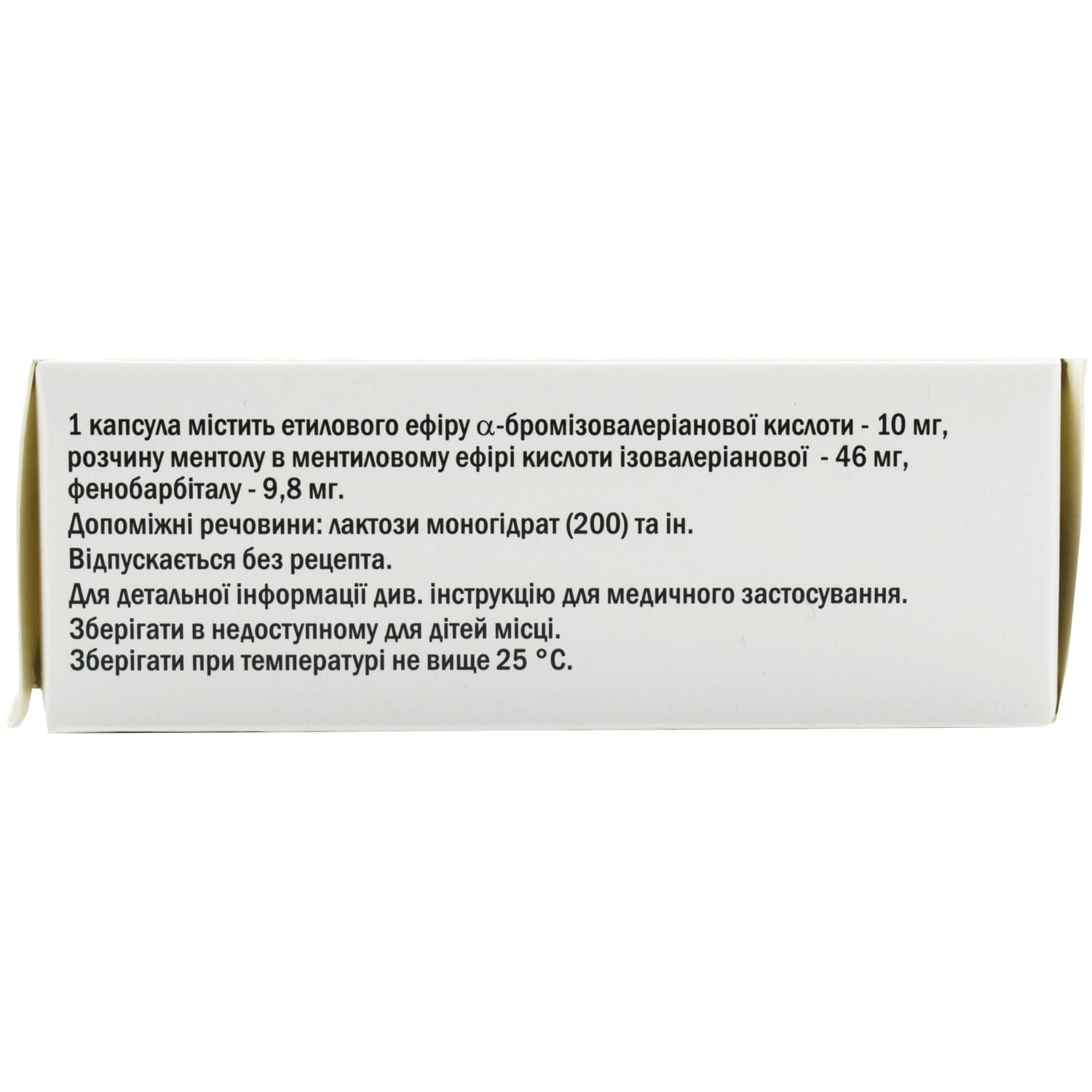
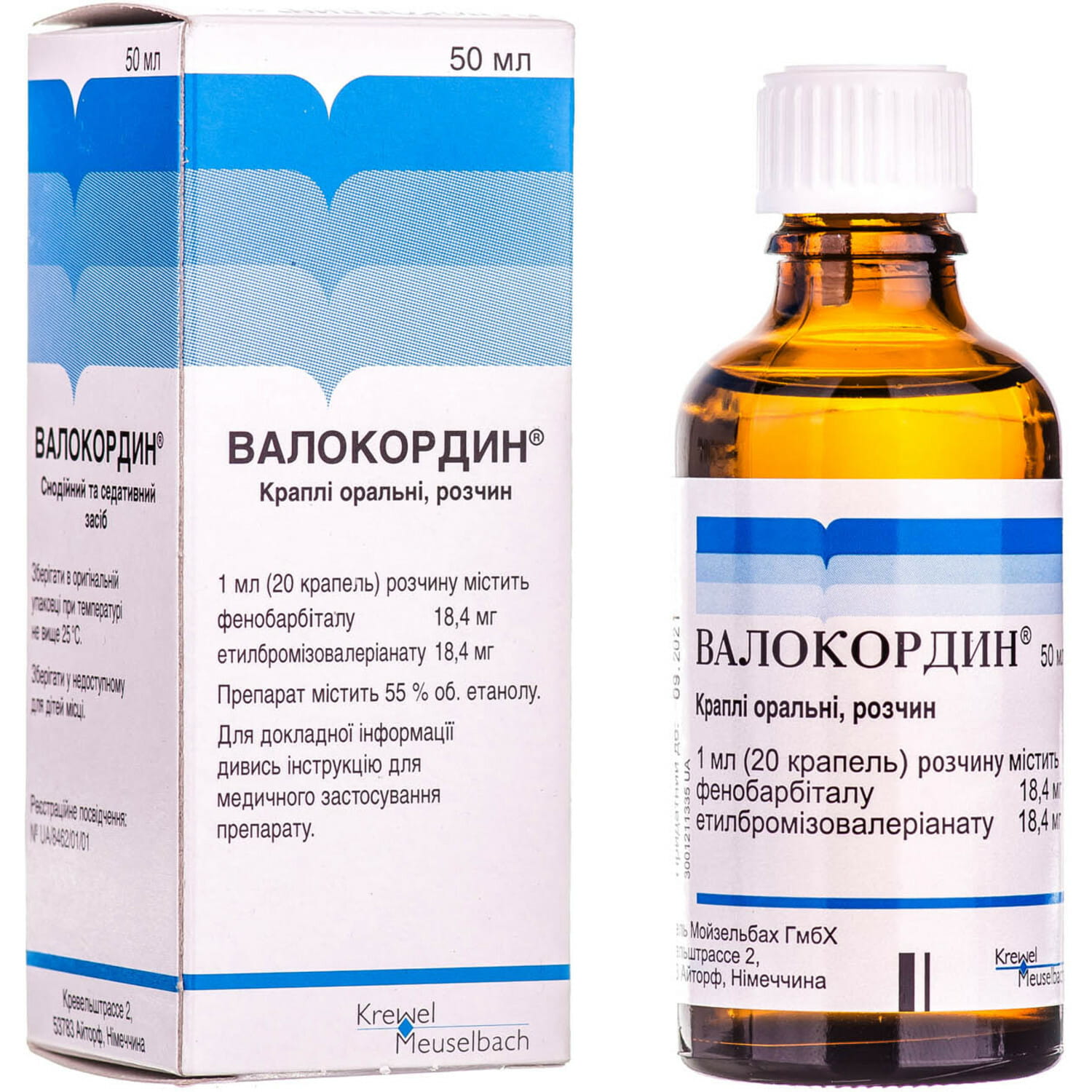
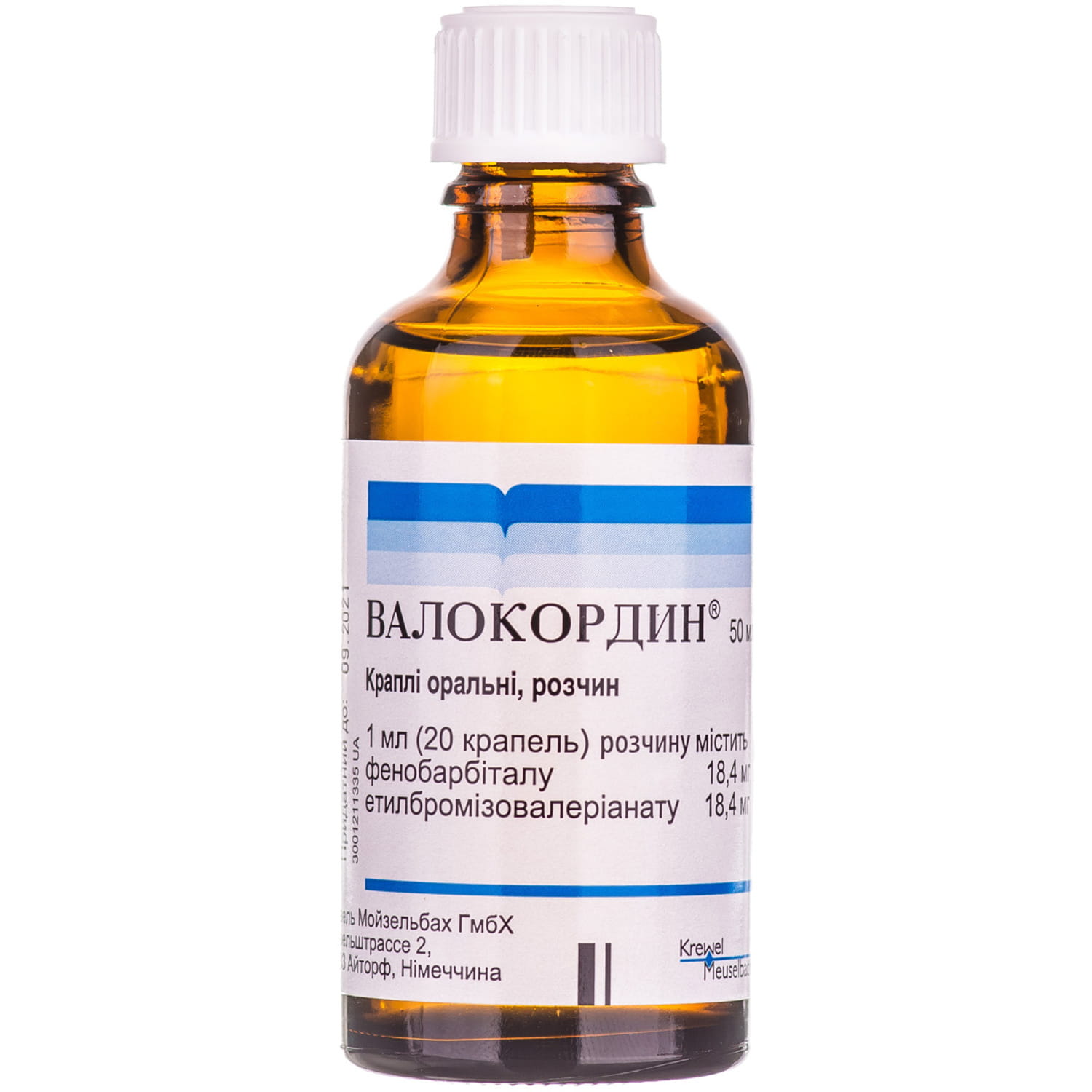
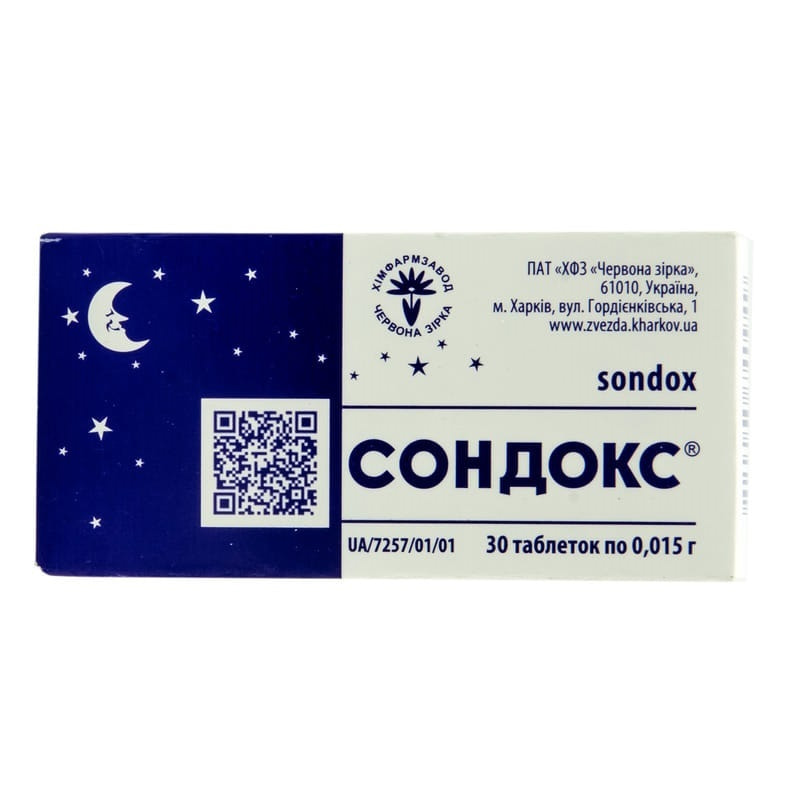
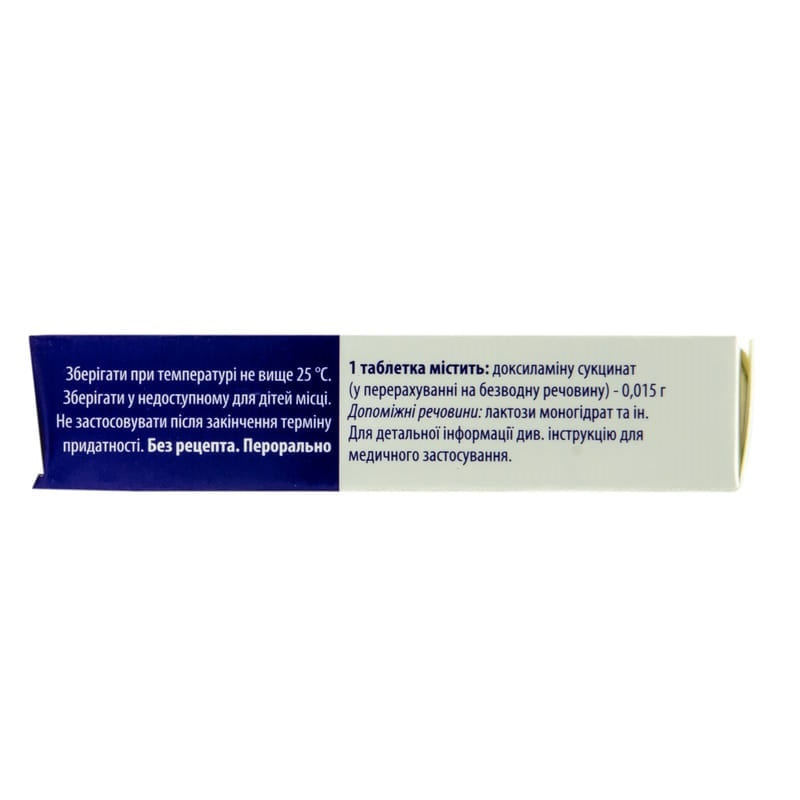
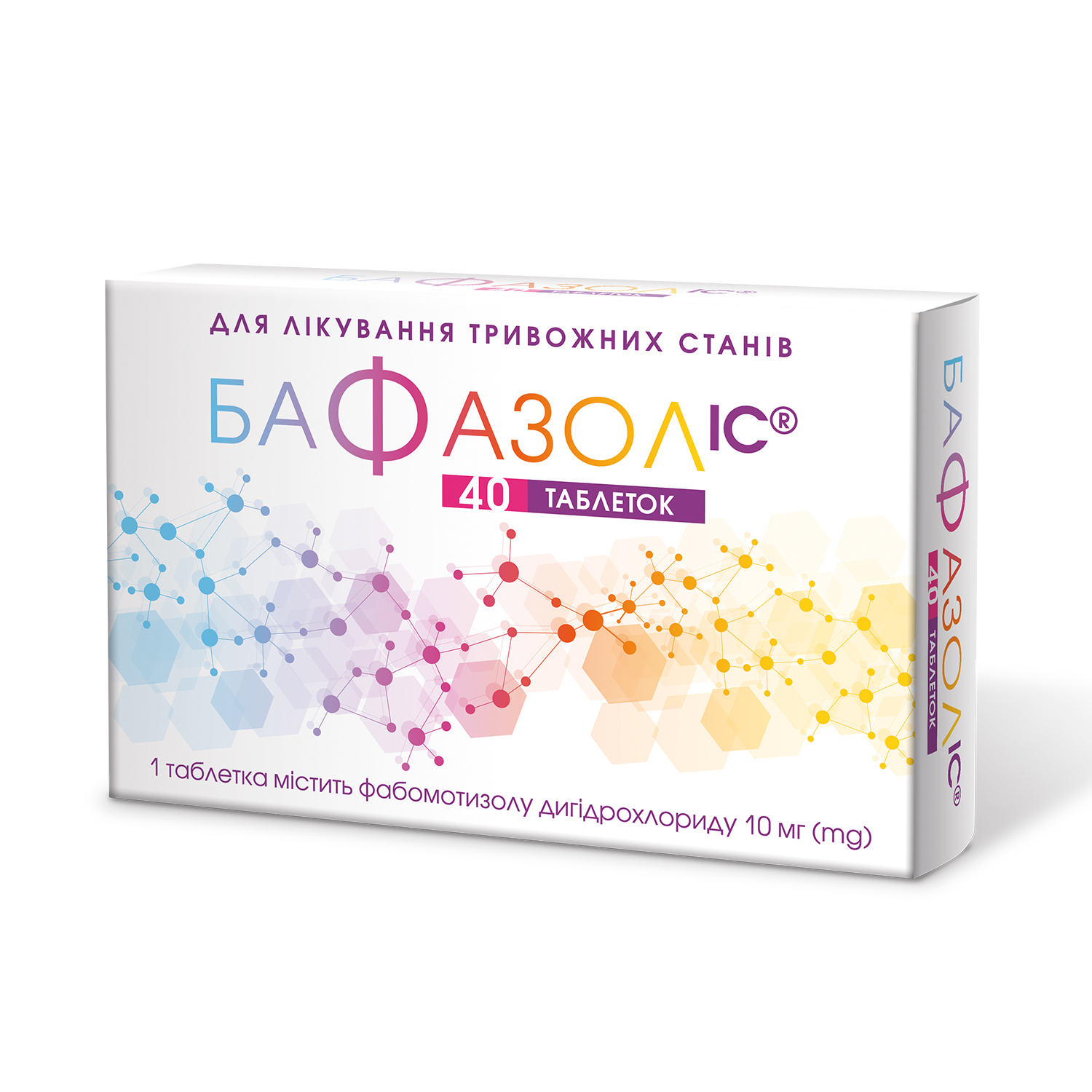
Reviews
There are no reviews yet.